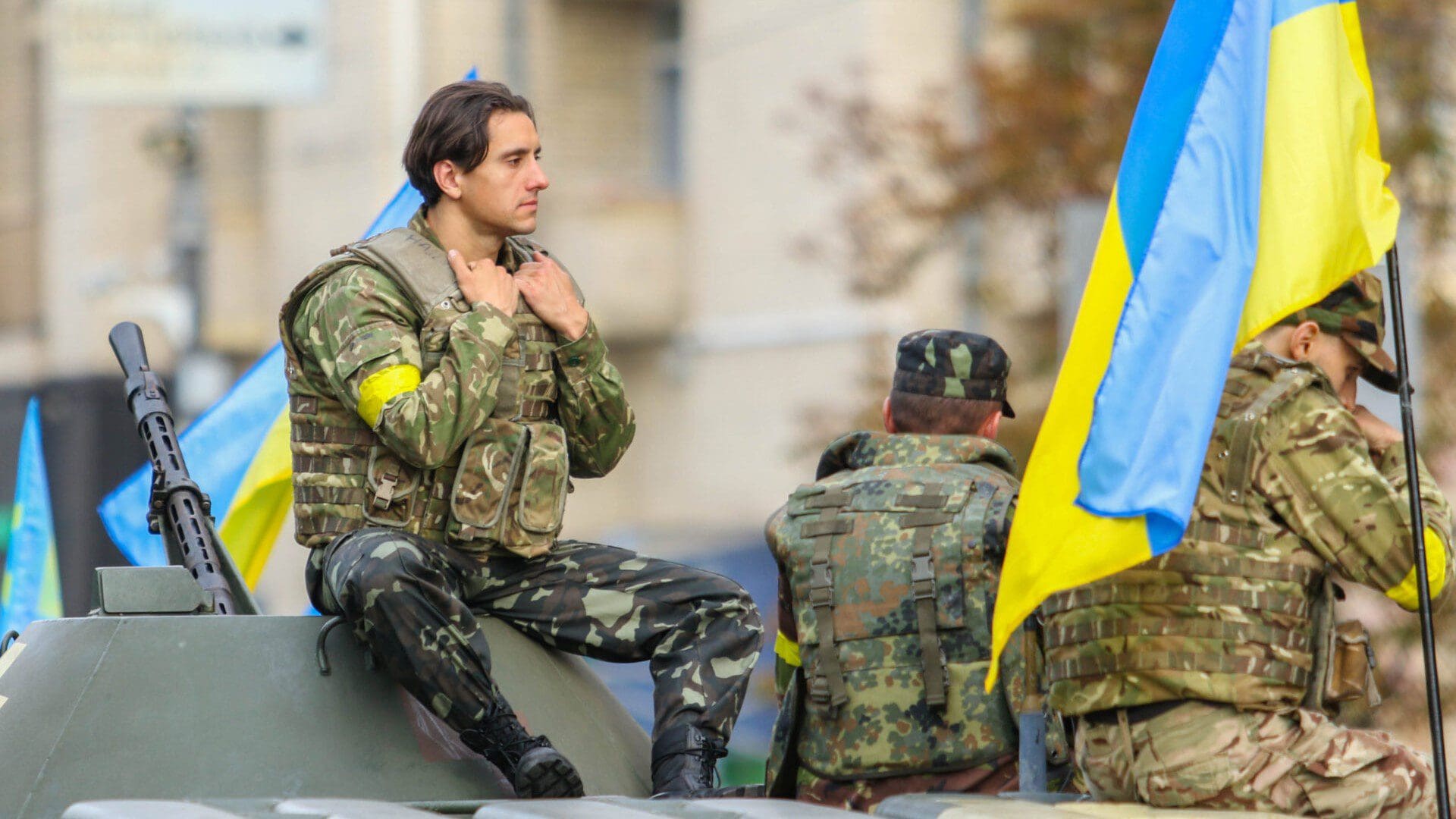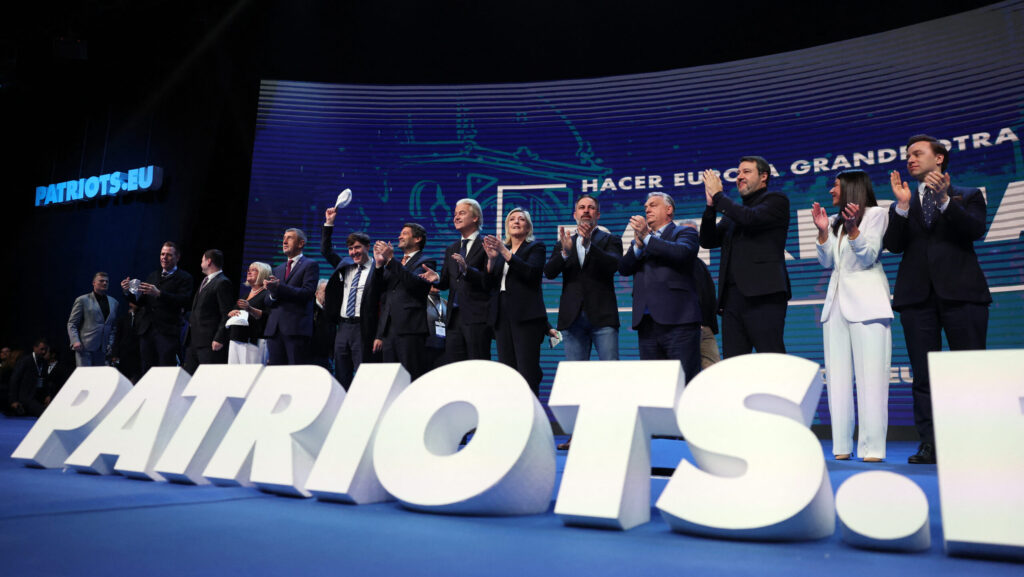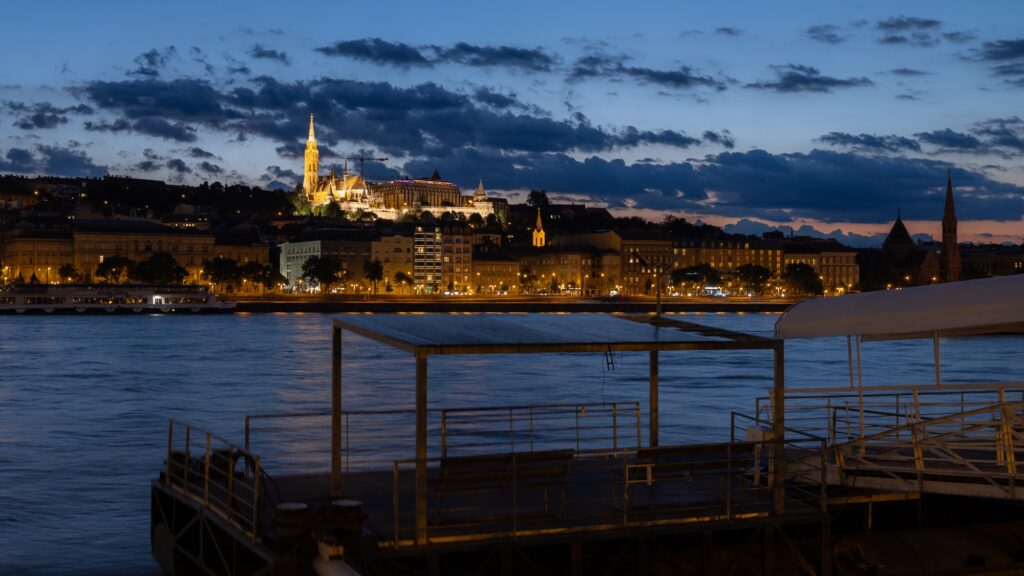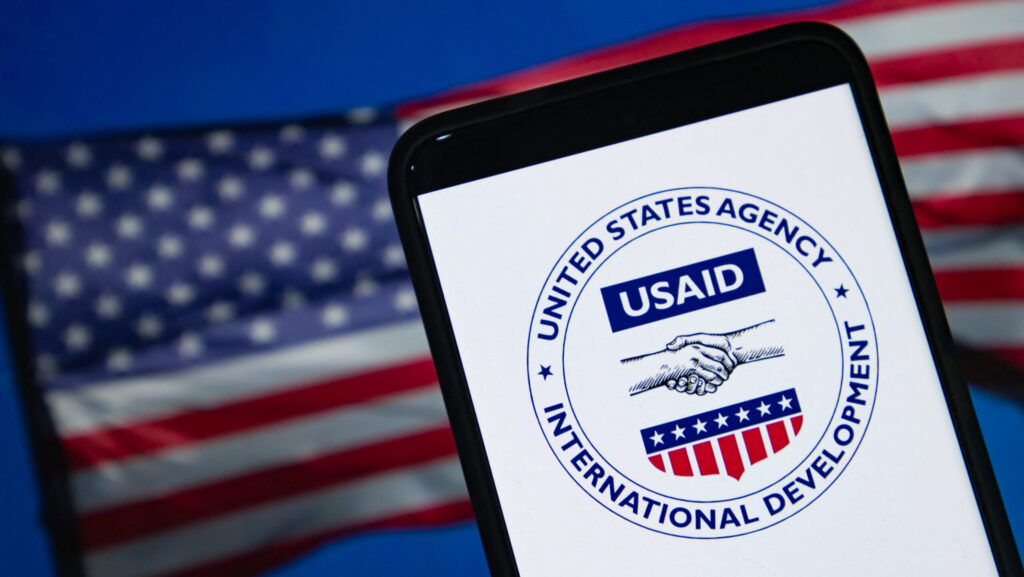Recently, Ministry of Foreign Affairs of Ukraine spokesman Oleh Nikolenko, in response to Hungarian Prime Minister Viktor Orbán’s plea for a ceasefire with the Russian Federation, urged him to start doing something that would really contribute to the end of the war:
‘To alleviate this situation, we call on the head of the Hungarian government to finally start acting. For example, to condemn the Russian aggression; to demand from Moscow to end the war and bring the Russian army back to the Russian territory; join the measures of international isolation of Russia, and not to undermine unity in the EU.’
Apparently, Orbán is not simply the only leader within the European Union who has not just continually called for peace talks between the warring parties, but is also the only one who understands the geopolitical structure that defines the war.
The PM’s Geopolitical Analysis
In an interview with Kossuth radio on 5 May, just after Pope Francis visited Hungary for the second time, Orbán faulted the US-led West for its propaganda to prolong the war, which will leave both sides in an uncompromising stalemate:
‘Every day Western leaders are saying that Ukraine must win this war. Looking at the scale of the destruction and the images of it, what does a Ukrainian victory even mean? How do you see this?…. [The war] will have losers, but it won’t have winners. On the one hand, Russia is coming up against a brick wall, and as NATO is supplying Ukraine with weapons and money, it’s simply up to the West and America to decide how much it’s willing to spend, and for how long.’
In a 2022 article ‘The War in Ukraine: What Provoked Putin to Invade?”, I mentioned that since 2008, the US-backed West has sought to turn Ukraine into a its bulwark on Russia’s border, which included NATO and EU expansion eastward and the Colour Revolution (in Ukraine Orange Revolution). While the West was bombarded months prior to Vladimir Putin’s military build-up of 100,000 soldiers at the Russian-Ukrainian border, nothing was said by Western politicians or its mainstream media of the 60,000 Ukrainian troops that were massed on the line of contact right across Donbas by then Ukrainian President Petro Poroshenko (2014-2019).
As explained by the notable Australian journalist John Pilger:
‘[A]s far as the Russians are concerned is the last stepping stone…. You have a strategic advantage over Russia. Everything in modern Russian history and in not-so-modern history tells us that the Russians will never tolerate this. They regard this as a threat and they have much of their history to justify that…. history has to be part of one’s analysis. Even if it’s not overt, it has to be understood. There has to be a basic…. to understand why things happen or what is likely to happen.’
This does not justify in any manner Putin’s invasion, of course. However, as the Hungarian Prime Minister said:
‘The nature of war is that there’s always a reason for it breaking out.
Usually the warring parties interpret that reason differently. That is the case now. The Russians say that the war broke out because Ukraine wanted to join NATO. And the Ukrainians say that it happened because the Russians wanted to take their land, their territory, and they’re only defending their homeland. But there are always different interests attached to a war.’
In fact, according to former US Secretary of State and National Security adviser Henry Kissinger, it must be comprehended that ‘…Russia was a major influence on the region for hundreds of years, caught in its own ambivalence between admiration and feelings of inferiority or of danger coming from Europe.’
It is that ambivalence, Kissinger believes, was behind this war:
‘I think the offer to put Ukraine into NATO was a grave mistake and led to this war. But its scale, and its nature, is a Russian peculiarity, and we were absolutely right to resist it.’
I personally believe Putin would have invaded the Ukraine, as he did Crimea in 2014, whether he felt ‘provoked’ or not, especially after he lamented the peaceful dissolution of the Soviet Union in 1991 as ‘the greatest geopolitical catastrophe of the [twentieth] century’. One can conclude that the former KGB colonel, with his reverie to rebuild the former Soviet empire, was looking for an excuse to do so.
And the US-led West provided it to him.
Soft War Between the US and Russia
In the West we are led to believe that the war in Ukraine is one to defend an independent and sovereign nation. In essence, this is a proxy war, or rather a soft war—tactics that include cyber-warfare, economic sanctions, media warfare, and propaganda, etc.—between the United States and its “Soviet’ Russian adversary.
In this type of warfare, ‘civilians are often used as shields by one side and then killed by the other side. Both sides try to mobilise public opinion against the other, and one way to do that is to appeal to human rights NGOs, UN agencies, and international courts. The appeal most commonly comes from insurgents who put civilians at risk but hold their opponents responsible for their deaths.’
Pilger affirms that Kyiv, with the help of the Biden administration, has been brilliant in its propaganda:
‘They’ve managed to invent a chemical warfare attack when there wasn’t one… to keep out of the Western media the fact that much of Ukraine is infested, if not run by, but infested with true extremists…The United States…doesn’t [care] about Ukraine. Ukraine is a pawn as per what the US Defence Secretary said, and I’m paraphrasing, [the aim] “Is to destroy the Russian Federation.”’
Recent Efforts and Prospects
Orbán flew to the Turkish capital city of Ankara last week to attend the inauguration of Recep Tayyip Erdoğan who was re-elected as president. Notwithstanding Erdoğan’s autocratic rule, which includes undermining freedom of the press, crushing the Kurdish minority both in his country and in neighbouring Syria, helping the Islamic Republic of Iran violate US sanctions, Orbán highlighted that President Erdoğan’s ‘[re]-election victory is crucial for the security of Hungary and Europe’.
What needs to be born in mind regarding the Hungarian PM‘s seemingly contradictory stance is that last year, the Turkish president helped unblock Ukrainian grain exports, and to the surprise of many, he sought to be an intermediary between the warring parties to achieve peace. Yet what is crucial is, according to Orbán, is not just the fact that he sees Ankara as vital to help end the war in Ukraine, but to provide financial stability, especially since it controls energy access through a number of crucial pipelines. The key to Europe’s Southern Gas Corridor strategy, for example, is gas from Azerbaijan supplied via Turkey’s Trans-Anatolian and Trans-Adriatic pipelines—inaugurated in 2018 and 2020, respectively—and feeding into the European gas grid in the Balkans and Italy.
In theory, all wars come to an end. The Russians, with the aid of WAGNER, as Orbán indicated, are not going to surrender. At this point, neither will the Ukrainians. According to Ukrainian President Volodymyr Zelensky, victory can only be achieved if the Russians leave all occupied territories, including Crimea.
This is not going to happen, especially since Ukraine is running out of men to fight.
In addition, Russia has destroyed between 60 and 70 per cent of Ukraine’s critical infrastructure, which it cannot rebuild on its own. Eventually, American taxpayers, who have had no choice but to ‘levy’ for the war, will convince whoever is running the White House that they are tired, as if they are not already, paying for weapons for a war in which Washington, like Vietnam War, has no strategy.
‘Russia: a country of 140 million’, said Orbán, “[is] much bigger than Ukraine, with many more people, many more soldiers, much more powerful conventional weapons, and nuclear weapons—the largest nuclear arsenal in the world. My imagination isn’t vivid enough to envisage someone being able to defeat a nuclear power. So anyone who thinks that the Russians are going to sit back and wait for their defeat—to accept a military defeat, the collapse of their political system, the assassination of their president, a drone strike over Red Square—hasn’t yet outgrown their childhood. Such things exist in fairy tales, but not in reality.’








